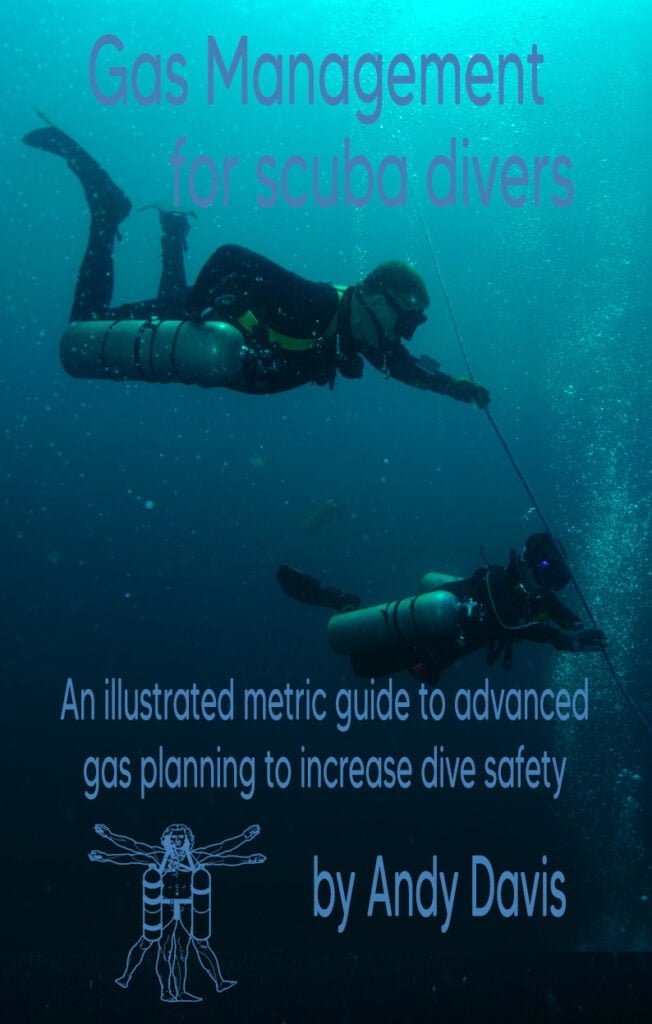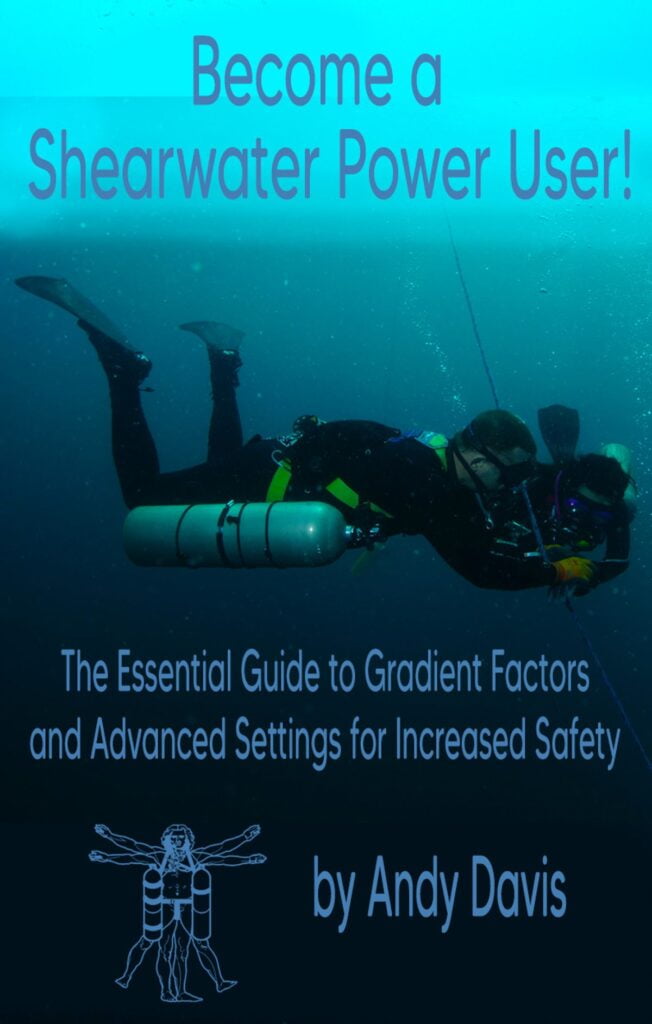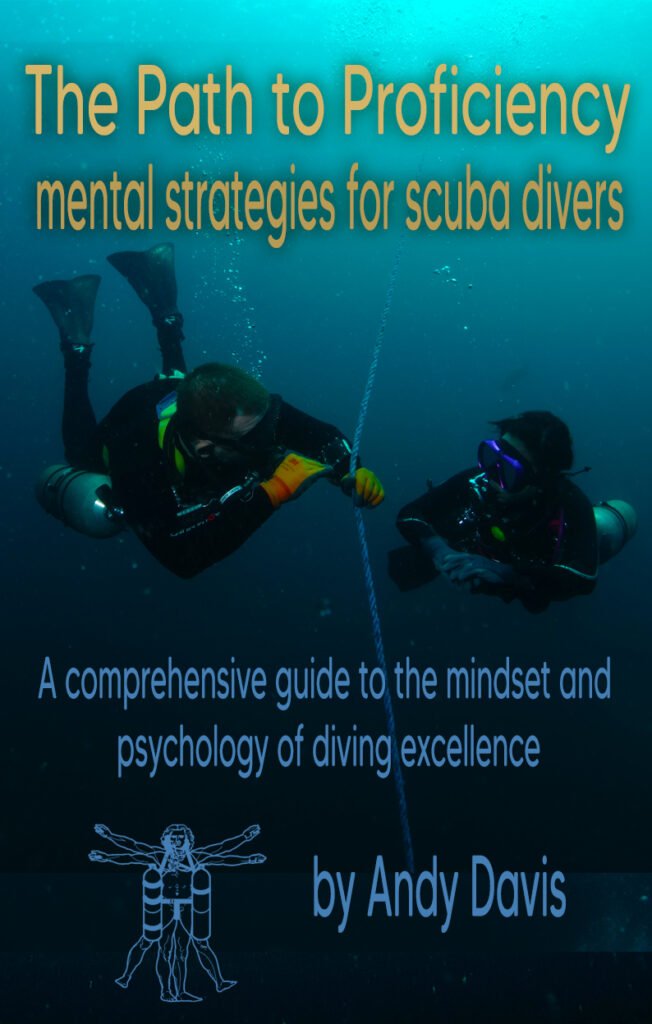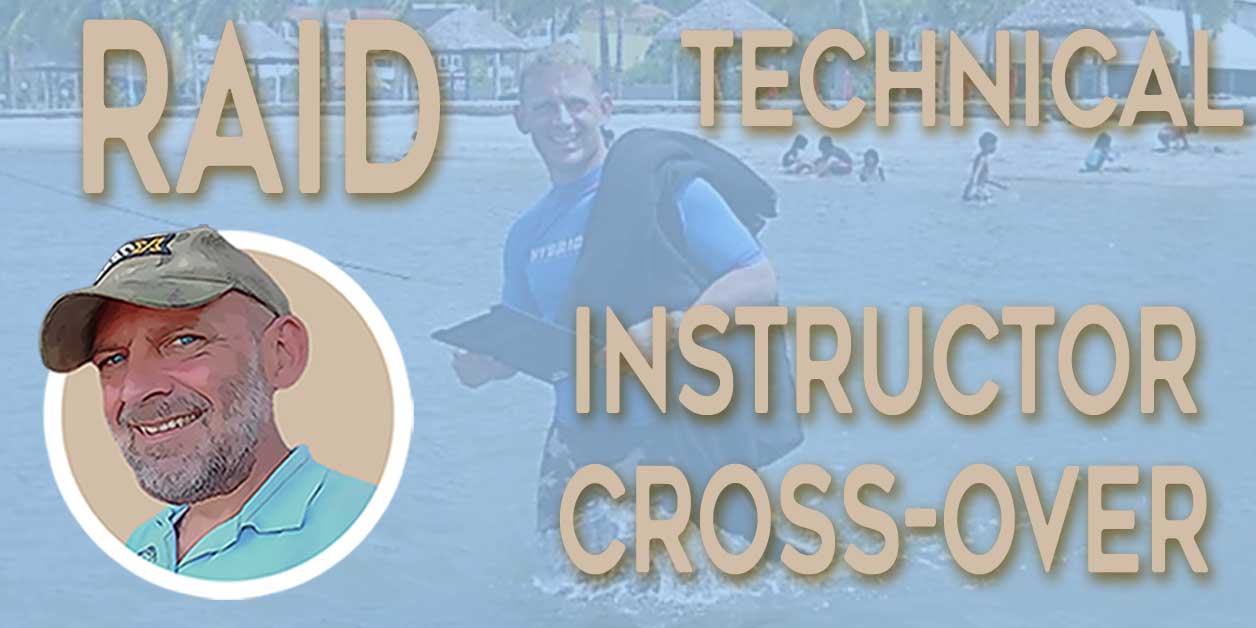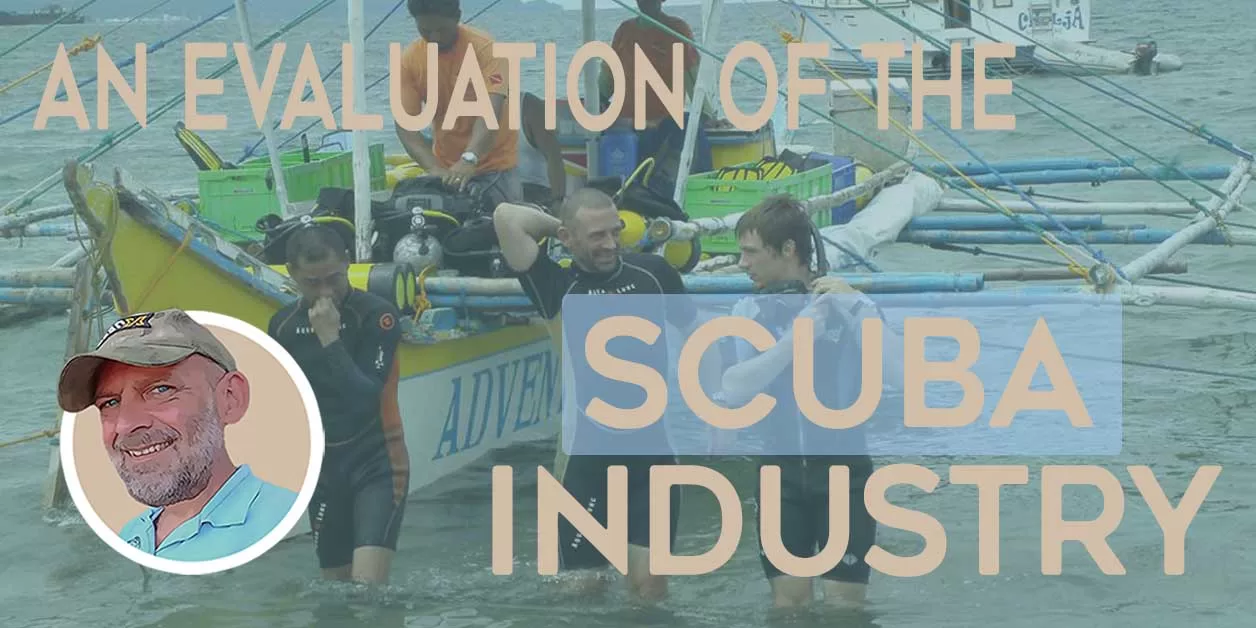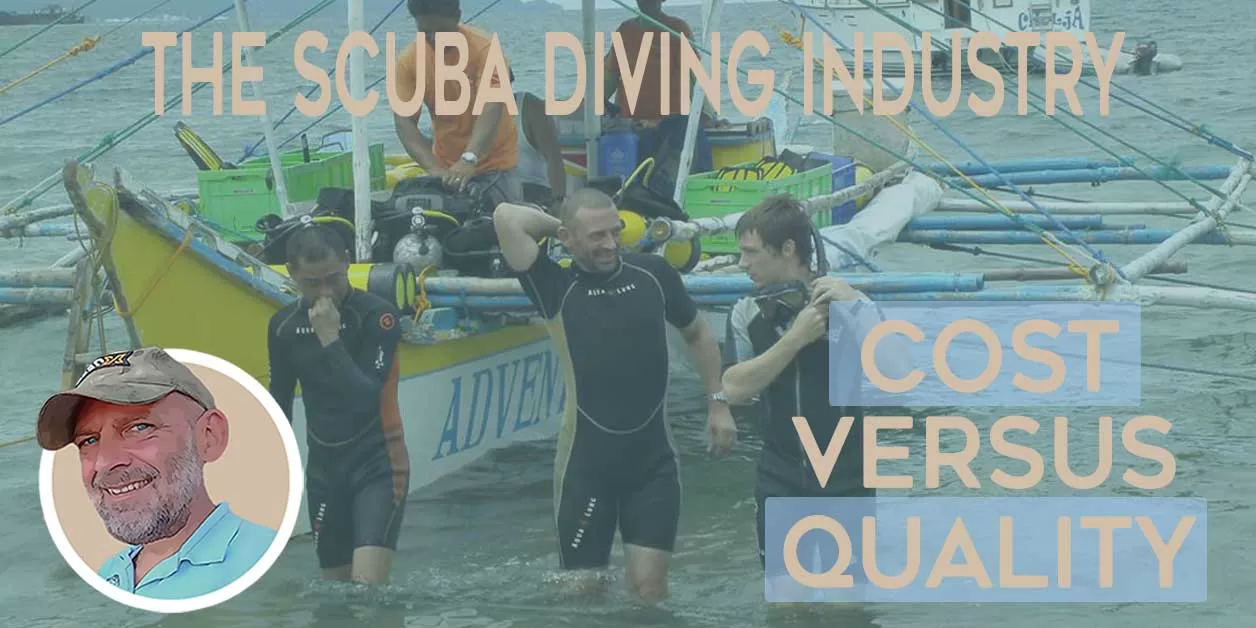The Desperate Dive Shop
Why do so many scuba dive shops struggle to profit or even go bankrupt?
Many dive shop owners follow a very flawed business model and it’s hurting them.
Desperate dive shops have forgotten that their core business is providing dive training and diving activities. They apply insane loss-leader models to their course pricing.
Dive Shop Mistakes #1: A Loss Leader Business Model
The Loss leader is a business model that’s an insidious, self-serving suggestion preached by certain big agencies, who profit entirely from mass-volume student turnover and do everything they can to stimulate the industry toward that goal.

The vast majority of the scuba industry seems absolutely fixated on this low-cost, high volume, business model promoted by the agencies.
Success is inevitably defined by student turnover, not by profit achieved. Rarely, if ever, do dive shops apply a truly high-quality, low volume – increased revenue per student – approach to business.
That’s insanity, especially in a turbulent economy where dive training is a low priority, disposable income only, consumer spend-driven industry.
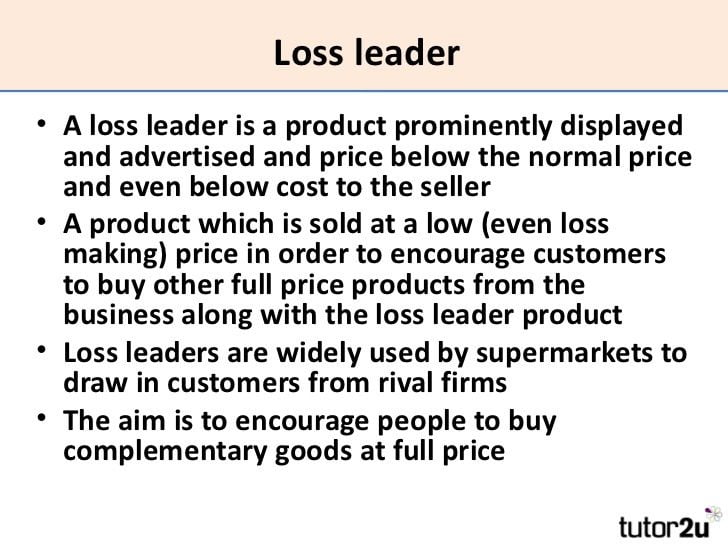
Dive Shop Mistakes #2: Settling Low Price Expectations
Everyone seems to be flogging cheap courses where nobody (except the agencies, of course) profits. This results intangibly and irrevocably setting a strong consumer expectation that scuba diving is a very cheap thing to do. People will happily pay substantially more for an hour of golf, tennis, or driving tuition than they would for a multi-day open water course.
Once set, those consumer expectations stick… hard.
That’s when desperate dive shops start competing for business, through the equally insane modus-operandi of price-cutting competition. But that’s ok, right? Because profitability can be recouped from other aspects of the business. Dream on…

Cheapening training has an effect. Courses become threadbare at best. They have to be done quickly, at minimum operating cost and maximum student volume. Attempting to undercut competitors demand bare minimum standards stuff only.

Rapidly tick the skills boxes and certify everyone in a couple of days. Tell the bewildered students that it’s “normal” to be certified when they’re still evidently lacking in confidence and competency.
Push them out of the door with the usual platitudes that “they’ll improve once they get some more experience” and that “the real learning starts when the course finishes“.
Utter claptrap… what a scam.
Creating Demotivated Diving Instructors
Training gets delivered by disenfranchised, demotivated instructors who earn barely anything for their hard work. The majority teach as a hobby only and can’t rely on it for their primary income.
Retirees and weekenders at home; and gap year students abroad. Few are true “professionals”. It’s exploitative, really.

How can anyone expect sustained professional motivation from an instructor when their employer devalues their worth and effort at every given opportunity?
The pay and conditions of a diving instructor are often so poor that very few dive professionals remain actively teaching beyond a few years. That robs the industry of any substantial experience base.
Just as soon as a dive professional starts to gain useful teaching experience the meager salaries, lack of healthcare, lack of holiday pay, and lack of work permits in foreign locations drives them away.
They are, of course, instantly replaced by the next batch of eager, inexperienced, if somewhat naive, newly qualified instructors. The consumer does not benefit from this constant skill drain from the dive industry. It does not empower quality dive training.
So it becomes normal that students don’t appreciate any real value from these ‘bare minimum’ courses. They, in turn, become entirely cynical towards the value and benefit of training.
Making Divers Cynical About Dive Training
The inevitable consequence is that students quickly start resisting financial outlay on courses wherever possible.
“Put Another Dollar In“, they scoff.

Dive Shop Mistakes #3: Breaking Consumer Trust
To offset this absurd lunacy of the loss-leader mass-volume model, the agencies preach that we should recoup business profit from equipment sales and tours/holidays etc.
In the Internet age. Seriously. This is exactly what dive training agencies are advising.
Dive Shop Mistakes #4: Reliance Upon Dive Equipment Retail
- Scuba manufacturers churn out ever more expensive, frivolous, and gimmicky dive gear. THEY see their turnover slowing, so they attempt to push up the unit sales value of the items sold.
- They market these banalities via insidious ‘advertorials’ posing as a magazine or internet ‘reviews’.
- They also try and hold a stake in the market by ruthlessly defending this notion of ‘dealer networks’ – locking desperate dive shops into contracts that limit their capacity to sell a wider range of products from across the market.

Does it work for them? Hardly… we’ve seen major scuba manufacturers dropping into bankruptcy or getting bought out by conglomerates left, right, and center over the last few years.
For example; leading brands such as Oceanic, Hollis, Atomic Aquatics, BARE, Liquivision, Sharkskin, Stahlsac and Zeagle were all bought out by the big conglomerate Huish Outdoors LLC in recent years. (Huish Outdoors Acquires Oceanic And Hollis) Huish also took over US distribution of Suunto computers at the beginning of 2016.
So, what’s the result for the desperate scuba shops that got suckered into this ‘dealer network’ concept as they try to recoup some profit from their insane dive training model?
They’re pushed into an attempt to flog the highest-priced, most unnecessary kit that they can. Their survival depends on those equipment sales.
That’s just a ludicrous business situation to get into – when modern consumers can buy the same gear for a fraction of the cost through online retailers.
Dive Shop Mistakes #5: Giving In To Desperation
Dive professionals, employed by the desperate dive shops are forced to wear the kit that they sell.
Diving customers are alienated by non-stop, overly forceful sales pitches.
Instructor training courses spend more time teaching sales skills than improving dive skills.
In some cases, the desperate dive shops start deceiving consumers with very ill-advised purchasing guidance.
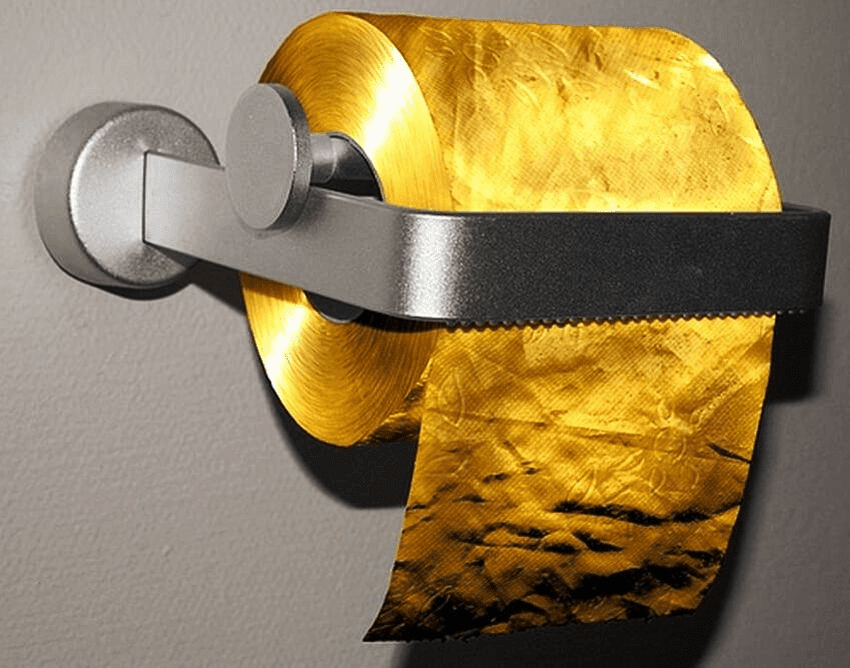
Cynical up-selling vastly increases the cost to divers. The same divers who’ve been led to believe that scuba diving was a bargain-basement hobby.
Ultimately, consumer trust breaks down… again.
And that means that the desperate dive shops start to go bust, or the owners quit the industry in frustration.
You must note that whilst equipment manufacturers and dive shops are going bust; and whilst instructors leave the industry in droves, the big scuba agencies nonetheless attain huge profitability.
The biggest agency was sold recently for over $700 million – a triple return on investment for its prior owners. (Providence Sells Scuba Certifier PADI to Wealthy Families, Endowments)
At least someone is making big bucks off the dive industry, right?
Dive Shop Mistakes #6: Operating in Denial
In the psychology of human behavior, denialism is a person’s choice to deny reality, as a way to avoid a psychologically uncomfortable truth.
The ‘Loss Leader’ concept of flogging cheap courses to encourage people to dive, then recouping profitability through diving equipment and vacation sales may have worked in the 1970’s and 80’s. That’s when the big diving agencies started building their business models for market expansion.
That was before the age of the internet.
Nowadays, desperate dive shops have to blinker themselves against the reality of operating in an internet age. To follow this agency-driven, antique business model, they have to operate in denial of reality.
I’m sure Blockbuster and Kodak felt the exact same temptation to deny reality. We saw what happened to them for not adapting to the reality of the internet age.

Agencies encourage this because THEY still profit entirely from any factor that promotes the sale of manuals and certifications. They profit from the volume turnover of students. Volume turnover is promoted by cutting the cost and time commitment of training.
The Call To Support Local Dive Shops
If you follow diving debates on social media and internet discussion boards, you’ll have seen the outcome of this. You will have seen representatives of the desperate dive shops begging, cajoling, or even quasi-threatening people to “support their local dive shop“.
It happens any time people start discussing dive equipment shopping, and as soon as someone mentions that a great deal can be had via the internet.
The desperate dive shop has developed a sense of entitlement. They struggle with low profits and hard work. It’s seen as their “sacrifice” for the consumer. That provokes them to believe that the consumer then “owes them” some sort of loyalty, even at great extra cost to the consumer.

Let’s get this straight; Loyalty is earned, not demanded.
#1 Fact: Loyalty doesn’t grow from selling consumers threadbare, minimum-standards diving courses.
#2 Fact: Loyalty doesn’t grow from selling consumers ill-advised, over-priced gimmicky dive equipment.
#3 Fact: Nobody asked the desperate dive shop to sacrifice profitability; chasing after some lunatic, antique business model championed by fat cat dive training agencies.
Diving consumers owe desperate dive shops nothing. That’s the quintessential nature of the consumer-supplier relationship. It’s the responsibility of dive shops to find a more profitable business model.
If the dive shop can’t, or won’t, then the responsibility is on them, not the consumer. So are the consequences.

About The Author

Andy Davis is a RAID, PADI TecRec, ANDI, BSAC, and SSI-qualified independent technical diving instructor who specializes in teaching sidemount, trimix, and advanced wreck diving courses.
Currently residing in Subic Bay, Philippines; he has amassed more than 10,000 open-circuit and CCR dives over three decades of challenging diving across the globe.
Andy has published numerous diving magazine articles and designed advanced certification courses for several dive training agencies, He regularly tests and reviews new dive gear for scuba equipment manufacturers. Andy is currently writing a series of advanced diving books and creating a range of tech diving clothing and accessories.
Prior to becoming a professional technical diving educator in 2006, Andy was a commissioned officer in the Royal Air Force and has served in Iraq, Afghanistan, Belize, and Cyprus.
In 2023, Andy was named in the “Who’s Who of Sidemount” list by GUE InDepth Magazine.
Purchase my exclusive diving ebooks!
Originally posted 2018-03-07 23:56:31.


